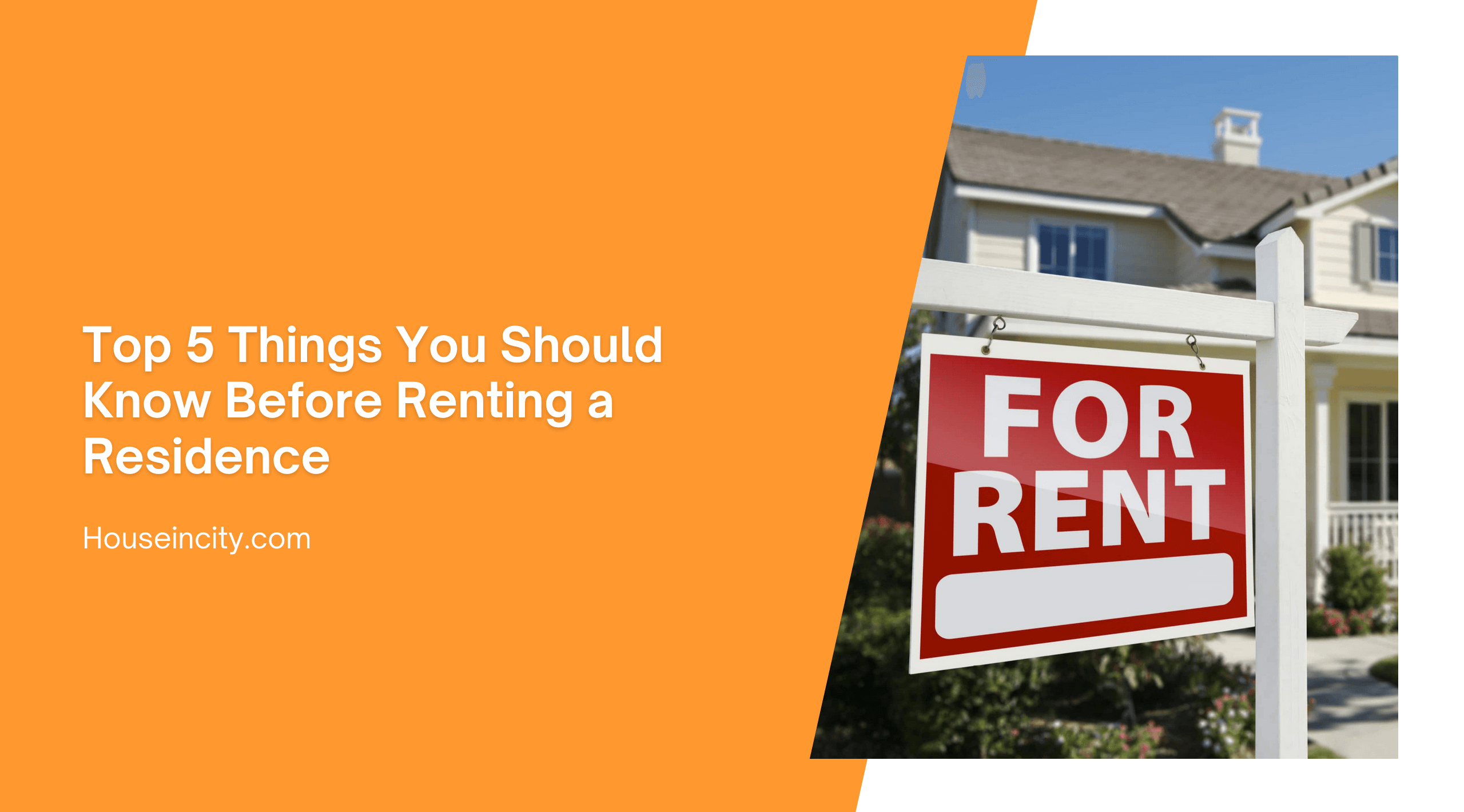Don’t lose money while renting a residence from someone. There are five items that are necessary to know before you rent a residence/unit that may save you money and headaches in the long run.
1. Is there a lease?
Unless there is a lease involved, the landlord can evict you for small violations that you may not be aware of. Make sure the lease states what is expected of you, what utilities are inlcuded in the rent, how much the rent and deposit are, when the rent is due, and the length of the lease.
2. What is the amount of the deposit and will it be returned to you if you move.
You need to know how much the deposit is going to be, typically is the same as the rent or sometimes about $50 – $100 more. The deposit is extra security for the landlord, should you not pay your rent, cause damages that they must repair or move out without notice. You need to know if the deposit will be returned to you if you move out with no damages to the unit, and your rent is paid up. You will also need to know what the landlord considers damages or other reason why they would keep the deposit and not return it to you. This should also be spelled out in the lease.
3. Do you have a grace period on the due date of the rent and what fee are involved if you pass that grace period.
Some units do not give a grace period at all and tack on a $10 fee if you are late with the rent. You also need to know if this fee is going to be for the entire month or if it is a daily fee until the rent is paid. You can end up paying a pretty nominal fee if you don’t know the specifics of the grace period and/or fees involved. This should also be spelled out in the lease.
4. Are you expected to do the upkeep on the grounds.
Sometimes the landlord has someone who does the mowing and trimming of hedges, etc,, depending on the type of unit you are living in. ie: house, apartment complex. If you are responsible for maintaining the grounds, make sure you are aware of what all the landlord expects you to do and how often.
5. Inspections
Will the landlord do inspections on your unit and how often will they do them. If you live in an apartment complex, more than likely you will have inspections on your unit to make sure you are not destroying their property and they usually have pest control spray periodically. If you are renting a house or trailer, inspections are not always a requirement. But, be sure to find out if they will be doing inspections and how often. If you live in an apartment complex the landlord will have someone that has a master key that can gain access to your apartment to do the inspections. Be sure it states in the lease you MUST be notified prior to them accessing your residence, as they can do so without you being at home.
Remember! If it is not in writing, you do not have proof. Be sure there is a lease and it spells out all of the above items. Be sure both you and the landlord sign and date the lease and you retain a copy. This is for your protection.
